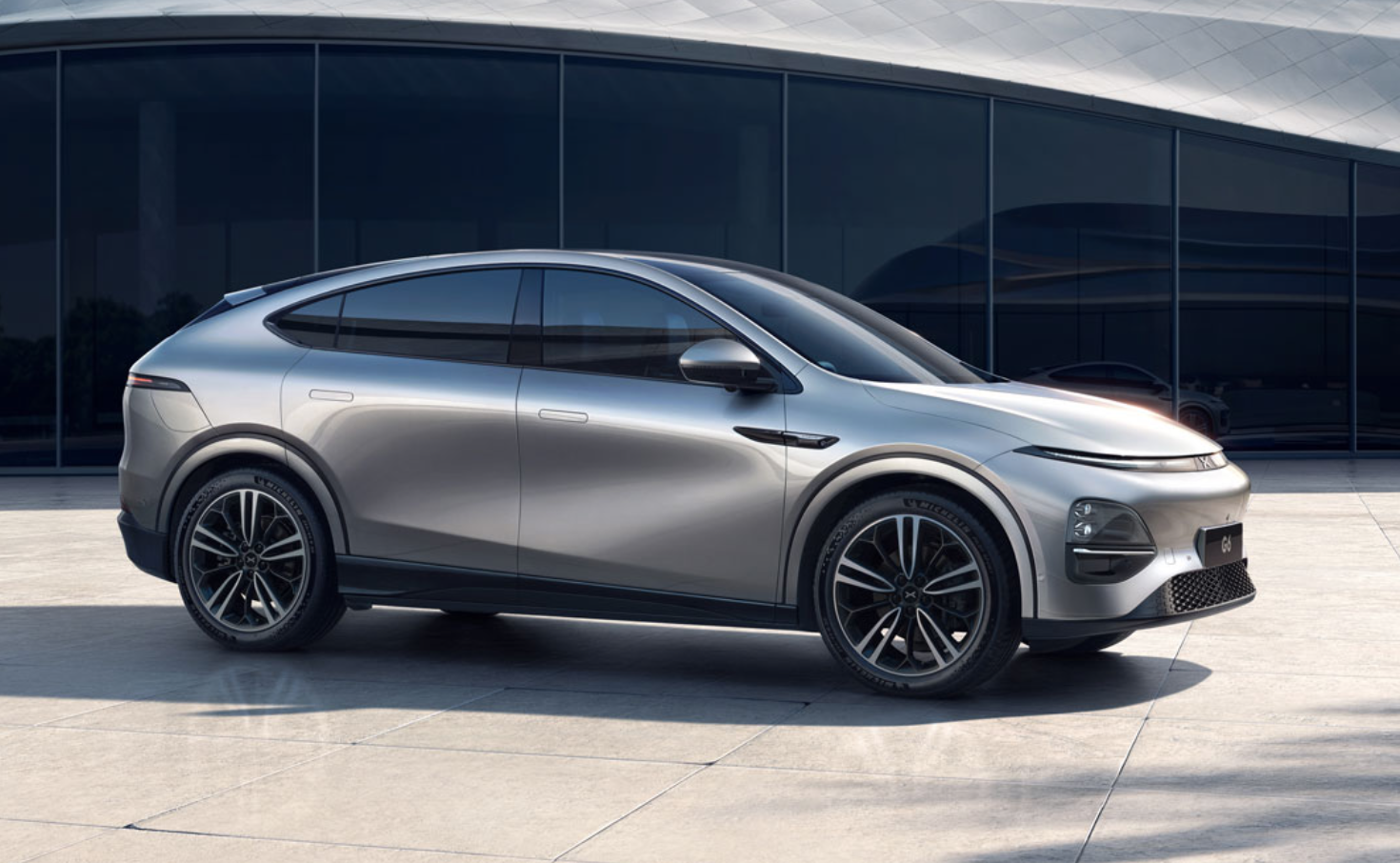
VW takes almost 5% in Xpeng and signs technology agreement

The VW Group has taken a stake of 5% in Chinese start-up Xpeng and signed a long-term collaboration agreement. The new Xpeng G6, pictured here, may well come to Europe as a challenger for the popular Tesla Model Y /Xpeng
The Volkswagen brand has concluded a technological framework agreement for long-term cooperation with the Chinese electric car start-up Xpen


Comments
Ready to join the conversation?
You must be an active subscriber to leave a comment.
Subscribe Today